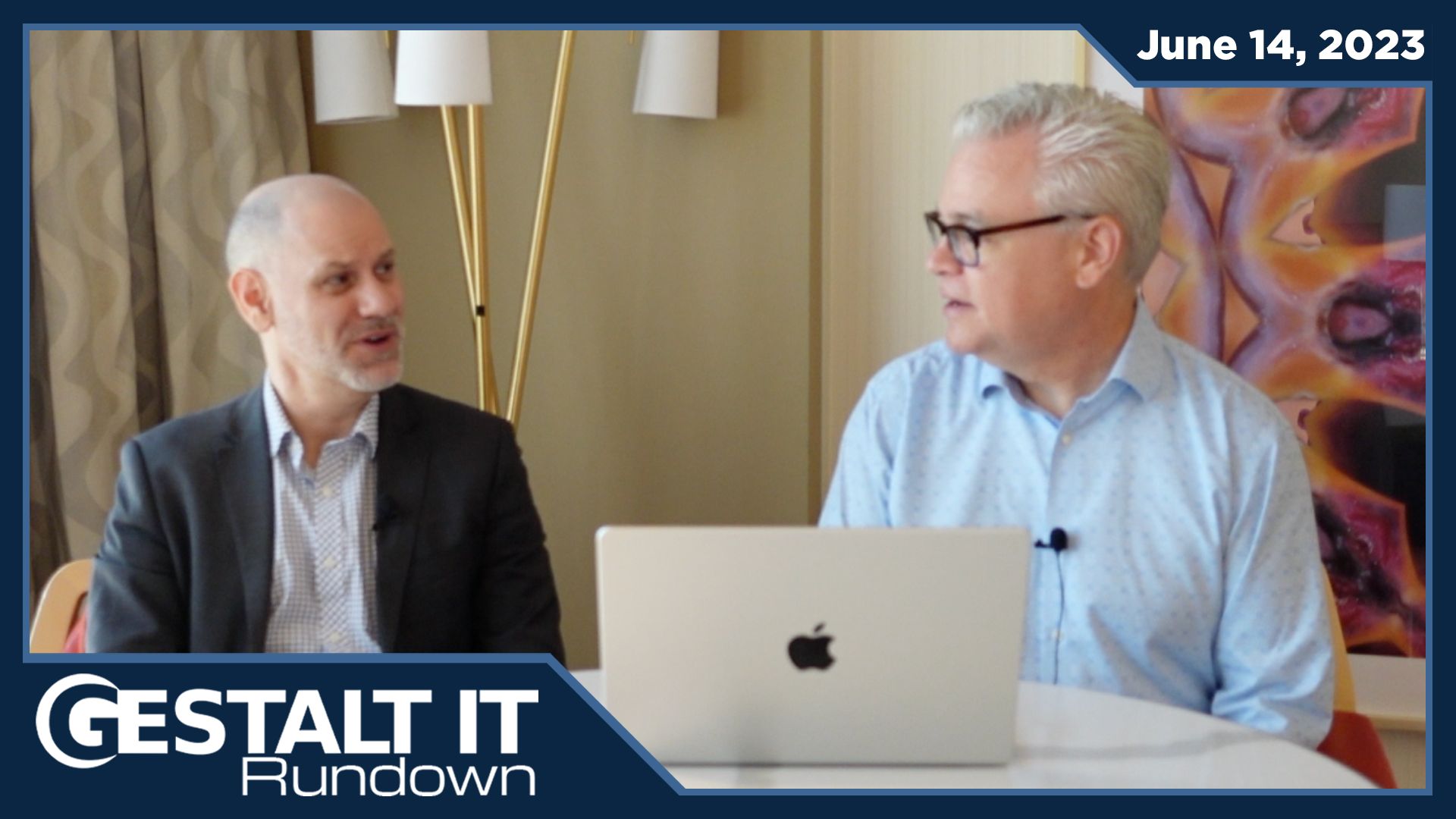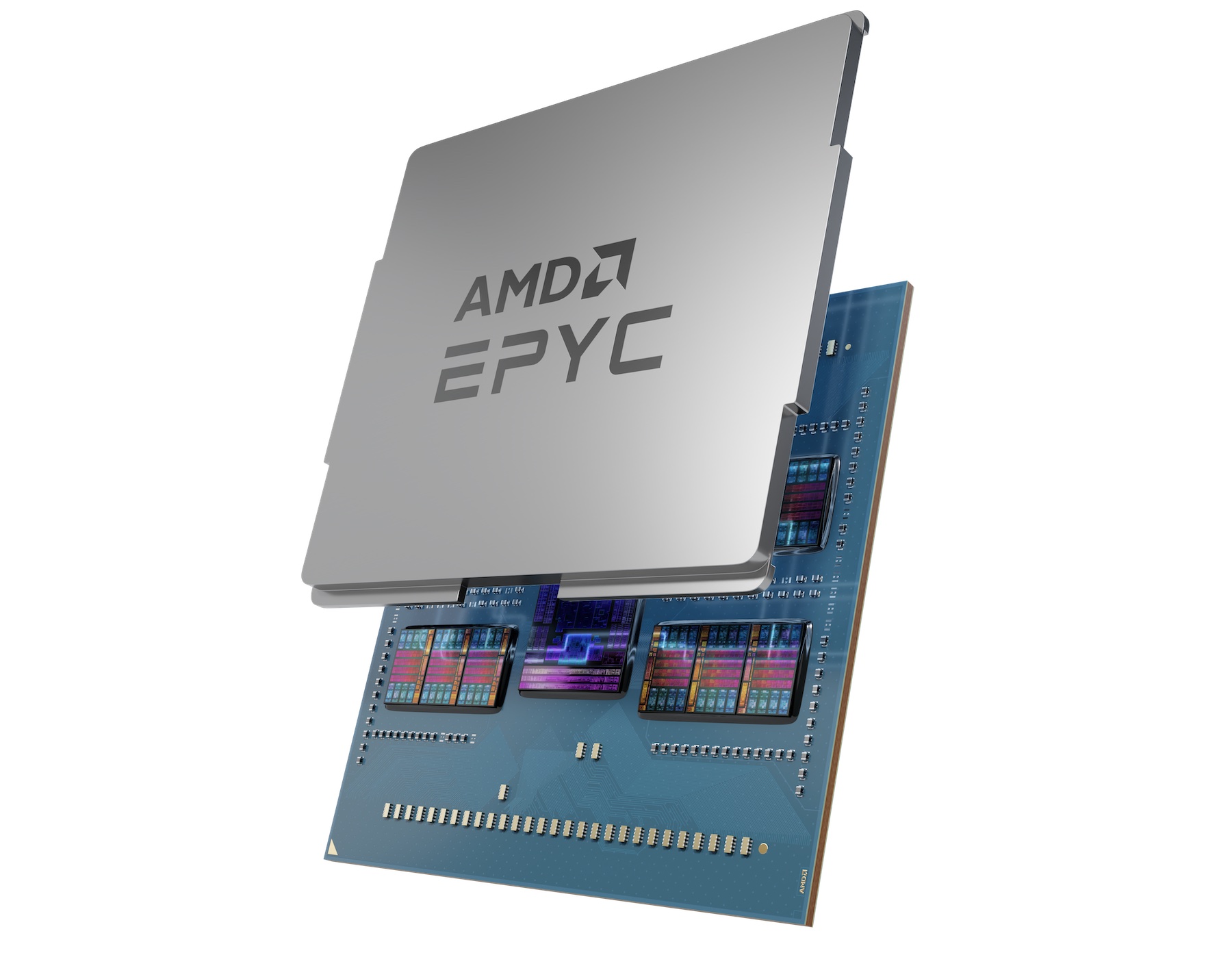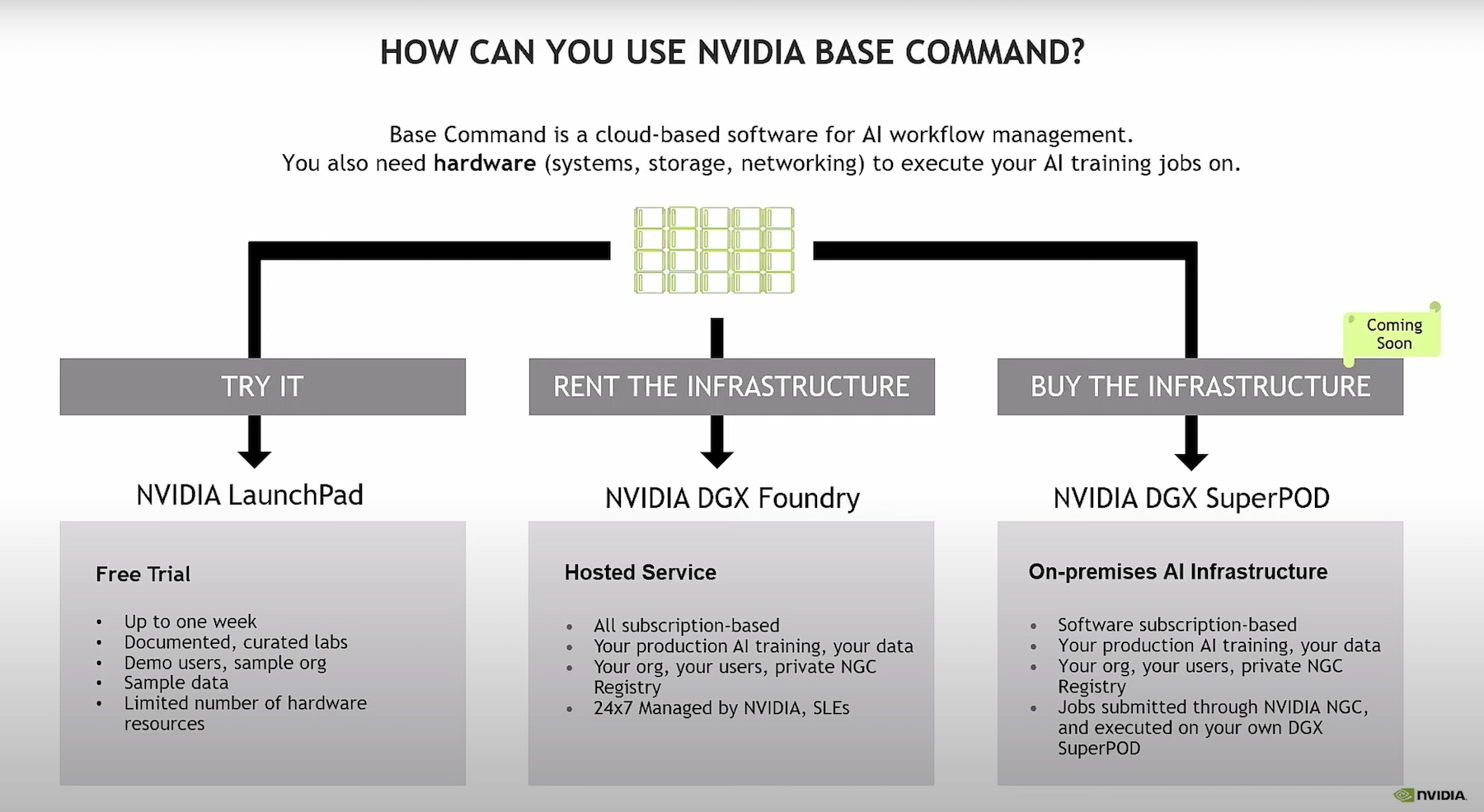AMD’s Epyc platform has seen the company return to relevance in the data center last year, something that seemed impossible just a little while ago. We got to test out a Dell EMC PowerEdge R7415, built on the Epyc platform, and found it an impressively dense CPU package.
AMD still has a long way to go to steal significant marketshare back from Intel. And the slower upgrades of the DC play to Intel’s benefit. But it’s undeniable that AMD is now competitive there and seems like they will be for the foreseeable future.
But what about on the GPU side? AMD was pretty quiet about competing with Nvidia in the data center, and Nvidia has been more than happy to dominate there just as GPU computing has taken off with ML and AI workloads.
That might be set to change with the announced Radeon Instinct MI50 and MI60 cards. These are based on the new Vega 20 architecture, and hope to compete directly with the best from Nvidia. Benefits of the new backend design include support for flexible integer math for better machine learning inferencing, 1TB/sec memory bandwidth (the MI160 sports 32GB of HBM2), with 4,096 stream processors across 64 compute units on a 7nm process. The cards themselves support PCIe 4.0, with Infinity Fabric ports on them, allowing you to link them for almost linear scale
I don’t think AMD will be able to jump out with an obvious advantage like they did with the initial Epyc core count and PCIe lanes. Nvidia hasn’t been resting on it’s laurels. AMD’s advantage is that they can offer a complete platform of CPU and GPU resources. It’s one less relationship for potential partners to have to wrangle, and potentially makes integration easier. The other advantage is that the GPU space moves so much faster than compute, where everything has been at a “good enough” state for a while, mostly thanks to Intel’s recently incremental iterations.
I think it’s a tougher market to gain headway in, especially as FPGAs start to make their presence felt, but one that I’m glad AMD is taking seriously.
Source: The Next Platform




